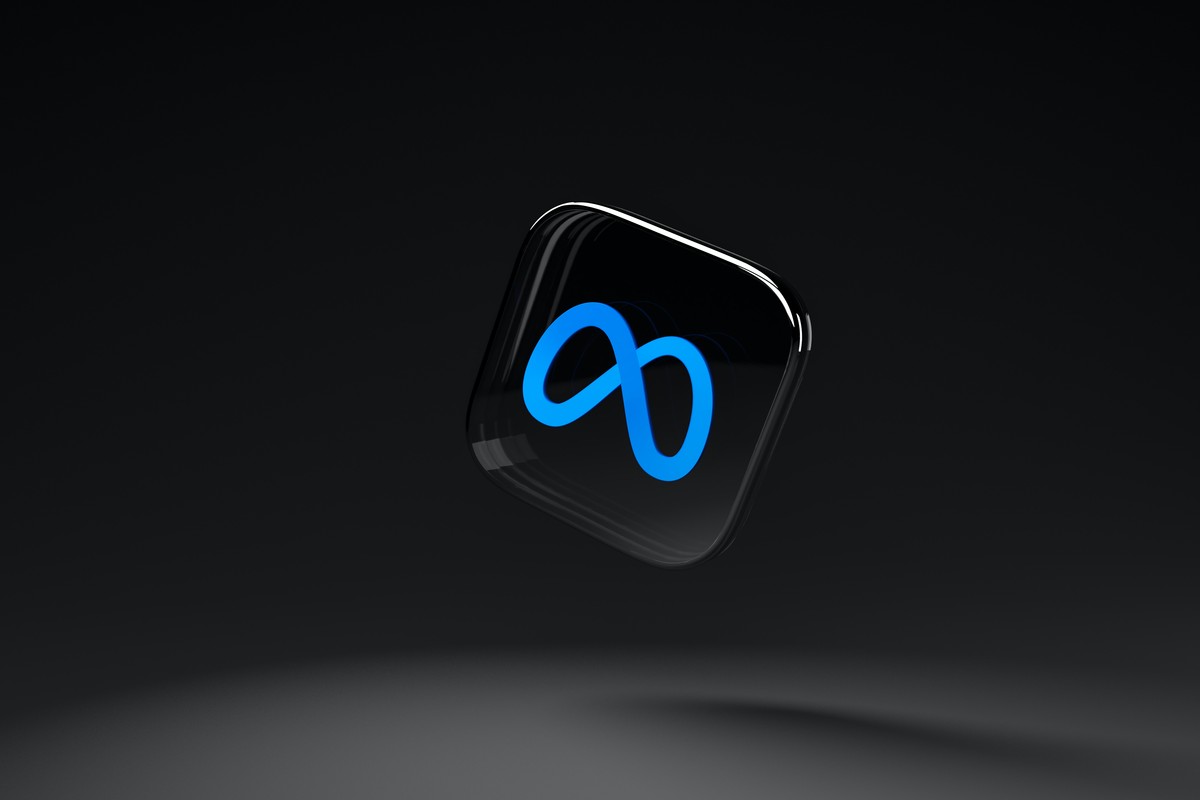
Google releases 'open' AI models after Meta
March 19, 2024In a move that could reshape the landscape of artificial intelligence (AI) development, renowned IT company, Google has released a new family of "open models" called Gemma, giving developers around the world the opportunity to build upon its AI technology.
This follows a similar initiative by Meta Platforms, showcasing a growing trend towards collaborative AI development.
What are "open models"?
Think of them as pre-built AI building blocks. Google is making the core components of these models, called "model weights", publicly available, allowing individuals and businesses to freely access and utilise this foundation for their own AI projects.
Benefits and potential
This move holds several advantages:
1. Increased innovation: By opening its doors, Google aims to attract software developers/engineers and ignite further innovation in the AI field. Developers can leverage Google's expertise while adding their own unique ideas and applications.
2. Cloud adoption boost: The models are optimised for Google Cloud, potentially encouraging new users to explore the platform. First-time users receive $300 in credits, providing a springboard for their AI ventures.
Openness with cautious steps
While Google is taking steps towards openness, it's important to note that Gemma isn't fully "open source" yet. This means Google might still play a role in setting usage and ownership guidelines.
The debate around open-source AI is ongoing, with some expressing concerns about potential misuse, while others advocate for its ability to democratise AI development and benefits.
Recommended article: Spotify to use Google's AI to tailor podcasts, audiobooks recommendations.
Gemma vs. Gemini: Understanding the Landscape
While Google is sharing the Gemma models, its larger and more powerful "Gemini" models remain under wraps for now. Gemma models range in size from 2 billion to 7 billion parameters, representing the complexity of the algorithm. For comparison, Meta's Llama 2 models are larger, ranging from 7 to 70 billion parameters, and OpenAI's groundbreaking GPT-3 model boasted 175 billion parameters when it was unveiled in 2020.
Nvidia joins the collaboration
Chipmaker Nvidia is partnering with Google to ensure seamless operation of Gemma models on their hardware. Additionally, Nvidia plans to adapt its chatbot software, currently designed for Windows PCs, to work with Gemma, further expanding its reach.
This initiative by Google signifies a shift towards a more collaborative approach to AI development. By providing open models and fostering partnerships, Google hopes to accelerate innovation in the field while potentially boosting the adoption of its cloud platform.
